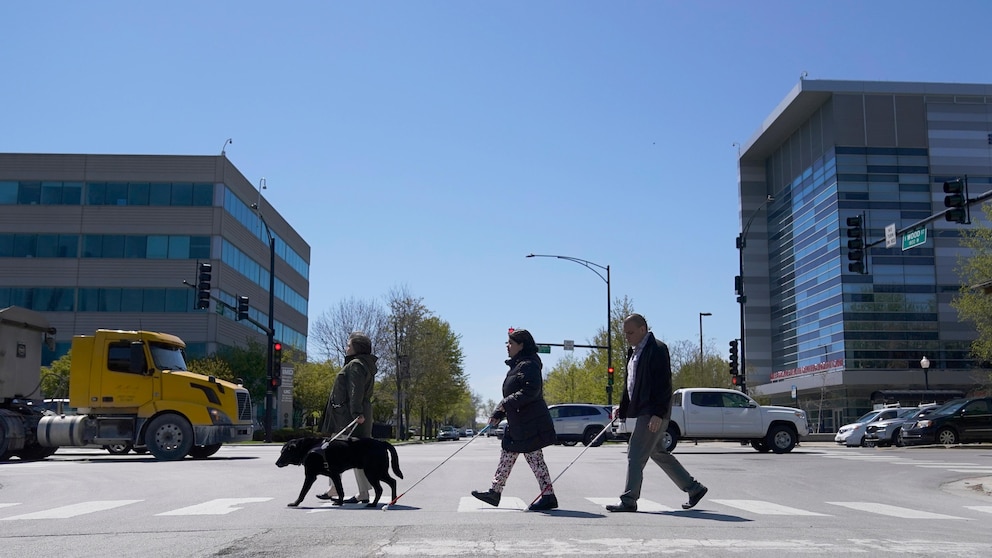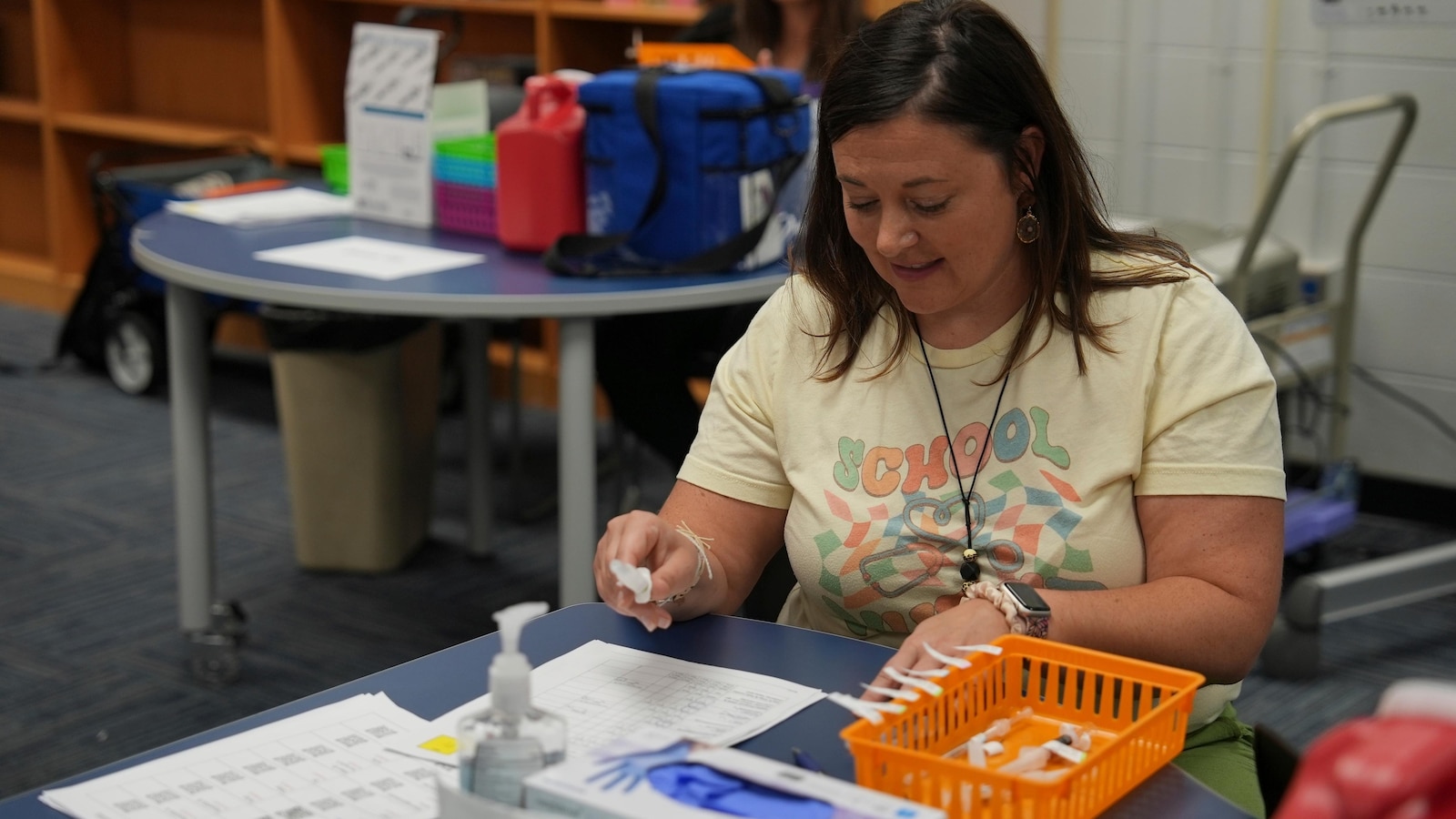Proposed Changes to Disability Inquiry by Census Bureau Spark Controversy
The United States Census Bureau, responsible for collecting and analyzing data about the American population, has recently proposed changes to the disability inquiry section of the census questionnaire. These proposed changes have sparked controversy among disability advocates, researchers, and policymakers.
The disability inquiry section of the census questionnaire aims to gather information about individuals with disabilities in order to better understand their needs and allocate resources accordingly. The current disability question asks respondents if they have any difficulty with hearing, vision, cognition, mobility, self-care, or independent living. It also asks about the severity of the difficulty and whether it is related to a long-lasting condition.
The proposed changes to this section have raised concerns among disability advocates who fear that the modifications may result in an inaccurate representation of the disabled population. One of the major changes being considered is the introduction of a new question that would ask respondents if they have any difficulty with activities such as bathing, dressing, eating, or getting around inside their homes. This change aims to capture a broader range of disabilities and provide more detailed information.
However, critics argue that this new question may lead to underreporting of disabilities. They argue that individuals who have adapted their living environments or receive assistance may not consider themselves as having difficulty with these activities. This could result in an underestimation of the number of people with disabilities and subsequently impact resource allocation and policy decisions.
Another proposed change is the removal of the follow-up question that asks about the severity of the difficulty. Disability advocates argue that this information is crucial for understanding the level of support and resources needed by individuals with disabilities. Without this data, it may be challenging to accurately assess the needs of this population.
Furthermore, concerns have been raised about the timing of these proposed changes. The Census Bureau plans to implement these modifications in the 2030 census, which means that it will be another decade before accurate data on disabilities is available. This delay could hinder the ability of policymakers and researchers to address the needs of the disabled population effectively.
In response to the controversy, the Census Bureau has stated that they are committed to ensuring an accurate count of individuals with disabilities. They argue that the proposed changes are based on extensive research and testing to improve data collection methods. The Bureau also emphasizes that they are open to feedback and will continue to work with disability advocates and experts to refine the questionnaire.
As the debate continues, it is essential to consider the potential implications of these proposed changes. Accurate data on disabilities is crucial for policymakers, researchers, and advocates to make informed decisions and develop effective policies that address the needs of the disabled population. It is important for all stakeholders to engage in constructive dialogue and find a balance between capturing a comprehensive understanding of disabilities while ensuring accurate representation.



